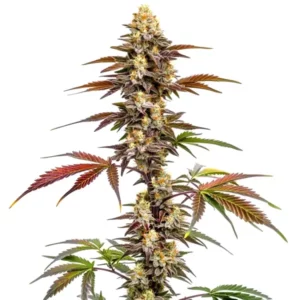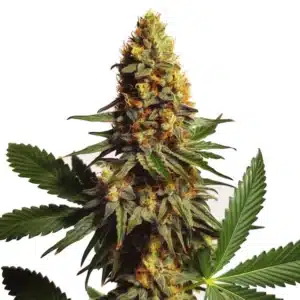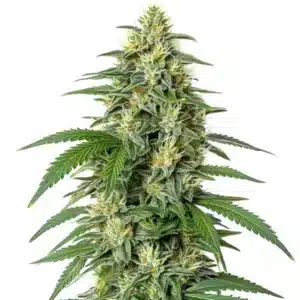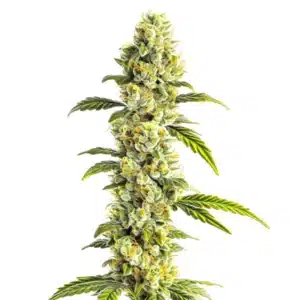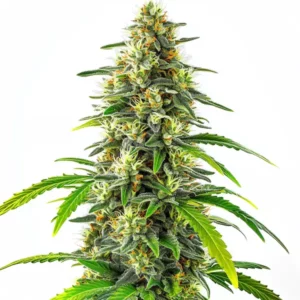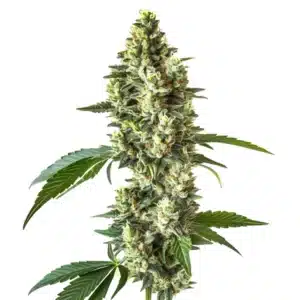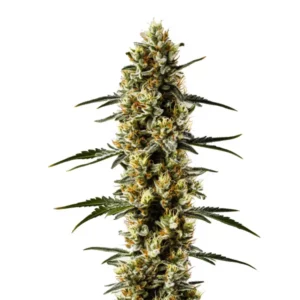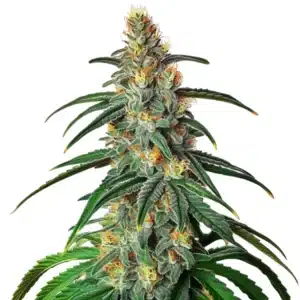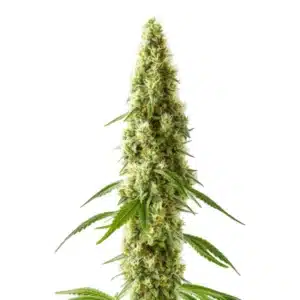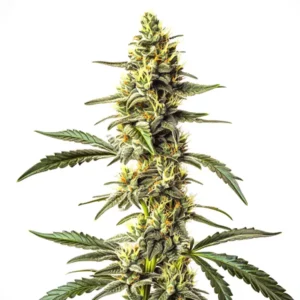
CBD UK Law: Regulations and Guidelines
CBD regulations in the UK have evolved significantly over the past few years, reflecting a growing recognition of the potential benefits of cannabidiol. This compound, derived from the cannabis plant, has made waves in wellness and alternative medicine sectors. However, navigating the legal landscape can be perplexing for both consumers and businesses alike, making it essential to stay informed about current CBD UK Law.
Knowing the legal framework surrounding CBD is essential for anyone looking to enter this burgeoning market. The laws dictate everything from product formulation to marketing strategies, ensuring that consumers can access safe and compliant products.
Recommended Strains
CBD Mango (1:1)
|
|
CBD | 8% – 10% (Low) |
|
|
Type | CBD Feminized |
|
|
Yield | High |
|
|
Phenotype | 40% Indica / 60% Sativa |
Ak x Somango Auto
|
|
THC | 12% - 16% (Low) |
|
|
Type | Autoflowering |
|
|
Yield | High |
|
|
Phenotype | 50% Indica / 50% Sativa |
Legal Definition of CBD
CBD, or cannabidiol, is one of over a hundred compounds found in the cannabis plant. Unlike its more famous counterpart, THC (tetrahydrocannabinol), CBD does not produce psychoactive effects. This distinction is pivotal in understanding its legal status in the UK. Under current CBD UK Law, products must not contain more than 0.2% THC to remain lawful.
The legal definition also encompasses the source of the CBD. It must be derived from industrial hemp strains approved by the EU, ensuring that products are produced in compliance with stringent agricultural guidelines. The clarity in definitions helps consumers and businesses differentiate between legal and illegal products.
Regulatory Authorities Involved
In the UK, several regulatory bodies oversee CBD regulations, with the Food Standards Agency (FSA) and the Home Office being the primary authorities. The FSA is responsible for ensuring that CBD products meet food safety standards, while the Home Office regulates the production and distribution of cannabis-based products.
Both authorities work together to ensure that the market operates within the legal framework defined by CBD UK Law, conducting regular assessments and updates to guidelines. This cooperation is vital for maintaining consumer safety and confidence in CBD products.
Promos & Deals
Compliance Requirements for Products
Compliance is a cornerstone of the CBD industry in the UK. Businesses must adhere to specific requirements to ensure that their products are safe, effective, and legal. Understanding these compliance requirements under CBD UK Law can help businesses navigate the complexities of the market.

Product Labeling and Testing
Accurate product labeling is essential for compliance with UK regulations. Labels must clearly indicate the contents of the product, including the amount of CBD and any other ingredients. Furthermore, labels should also state that the product is not a substitute for a varied diet and should not be considered a medicine unless proven otherwise. This attention to detail is a key component of CBD UK Law.
Testing is another critical aspect of compliance. Third-party labs often conduct testing to confirm that products meet safety standards and contain the stated amounts of CBD and THC. Regular audits and tests help maintain transparency and trust among consumers, ensuring that they receive high-quality products, as required by CBD UK Law.
Permissible THC Levels
The permissible THC levels in CBD products are strictly regulated in the UK. As previously mentioned, products must contain no more than 0.2% THC. This limit is designed to prevent the psychoactive effects associated with higher levels of THC, ensuring that consumers can use CBD products without the risk of intoxication.
Businesses must implement stringent testing protocols to ensure compliance with this regulation. Regular testing not only protects consumers but also helps businesses avoid legal issues that can arise from non-compliance.
Recent Changes and Updates
The landscape of CBD regulations in the UK is continually evolving. Recent changes have reflected the growing market and consumer interest in CBD products. Keeping abreast of these updates is crucial for businesses and consumers alike.
Latest Legal Amendments
Recent legal amendments have clarified many aspects of CBD regulations, making it easier for businesses to operate within the law. For instance, the FSA has introduced guidelines for novel food applications, which require businesses to submit their products for approval before they can be marketed.
These amendments aim to create a safer environment for consumers while fostering innovation in the CBD market. By establishing clear guidelines, the UK government is promoting the responsible growth of the industry.
Impact on the CBD Market
The impact of these recent changes on the CBD market has been significant. With clearer regulations outlined under CBD UK Law, more businesses are entering the market, contributing to increased competition and innovation. Consumers now have access to a wider range of products, which can lead to improved quality and lower prices.
However, with increased competition comes the responsibility for businesses to ensure compliance with all regulations. Failure to do so can result in severe penalties, including product recalls and loss of license. The evolution of the market underscores the importance of staying informed about regulations.
Business Considerations
For entrepreneurs looking to enter the CBD market, understanding the legal landscape is paramount. There are several key considerations to keep in mind when establishing a CBD business in the UK.
Licensing and Registration
Before launching a CBD business, it is essential to obtain the necessary licenses and registrations. The Home Office requires businesses that produce or sell CBD to apply for a license, ensuring that all operations comply with UK laws.
The application process involves submitting detailed information about the products and their sources, as well as demonstrating compliance with safety and quality standards. Obtaining the appropriate licenses is not only a legal requirement but also a crucial step in building consumer trust.
Marketing and Advertising Restrictions
Marketing CBD products comes with its own set of challenges. Under CBD UK Law, there are specific restrictions on how CBD can be advertised, particularly concerning health claims. Businesses must tread carefully to avoid making unsubstantiated claims that could mislead consumers.
Adhering to these marketing guidelines is vital for maintaining compliance and avoiding penalties. Creative marketing strategies that highlight the benefits of CBD without making direct health claims can help businesses stand out in a crowded market.

FAQs about CBD UK law
Is CBD completely legal in the UK?
CBD is legal in the UK as long as it meets specific requirements, including containing no more than 0.2% THC and being derived from approved industrial hemp strains.
What are the THC limits for CBD products?
The legal limit for THC in CBD products in the UK is 0.2%. Products exceeding this limit are classified as controlled substances and are illegal.
Do I need a license to sell CBD in the UK?
Yes, businesses that sell CBD products in the UK must obtain the appropriate licenses from the Home Office to ensure compliance with regulations.


